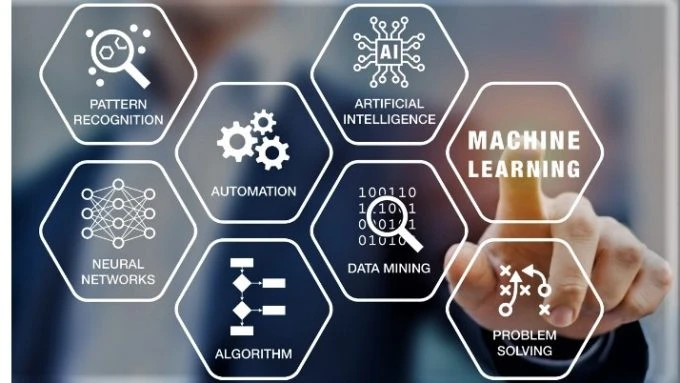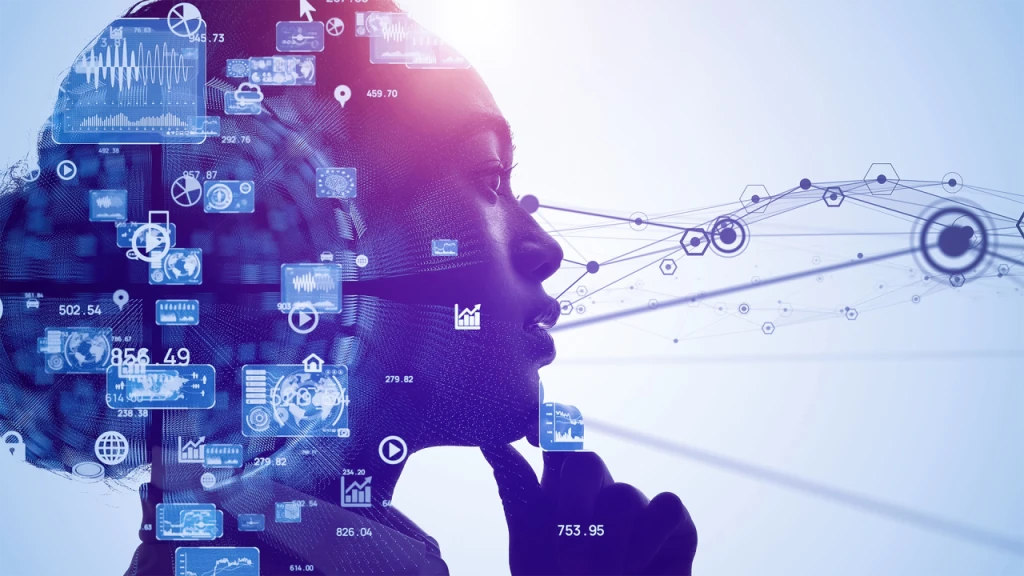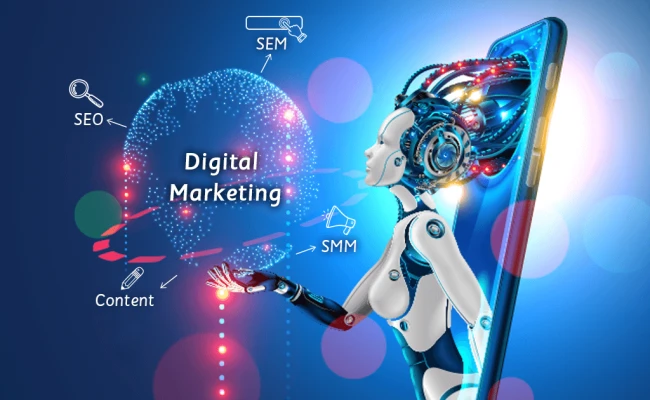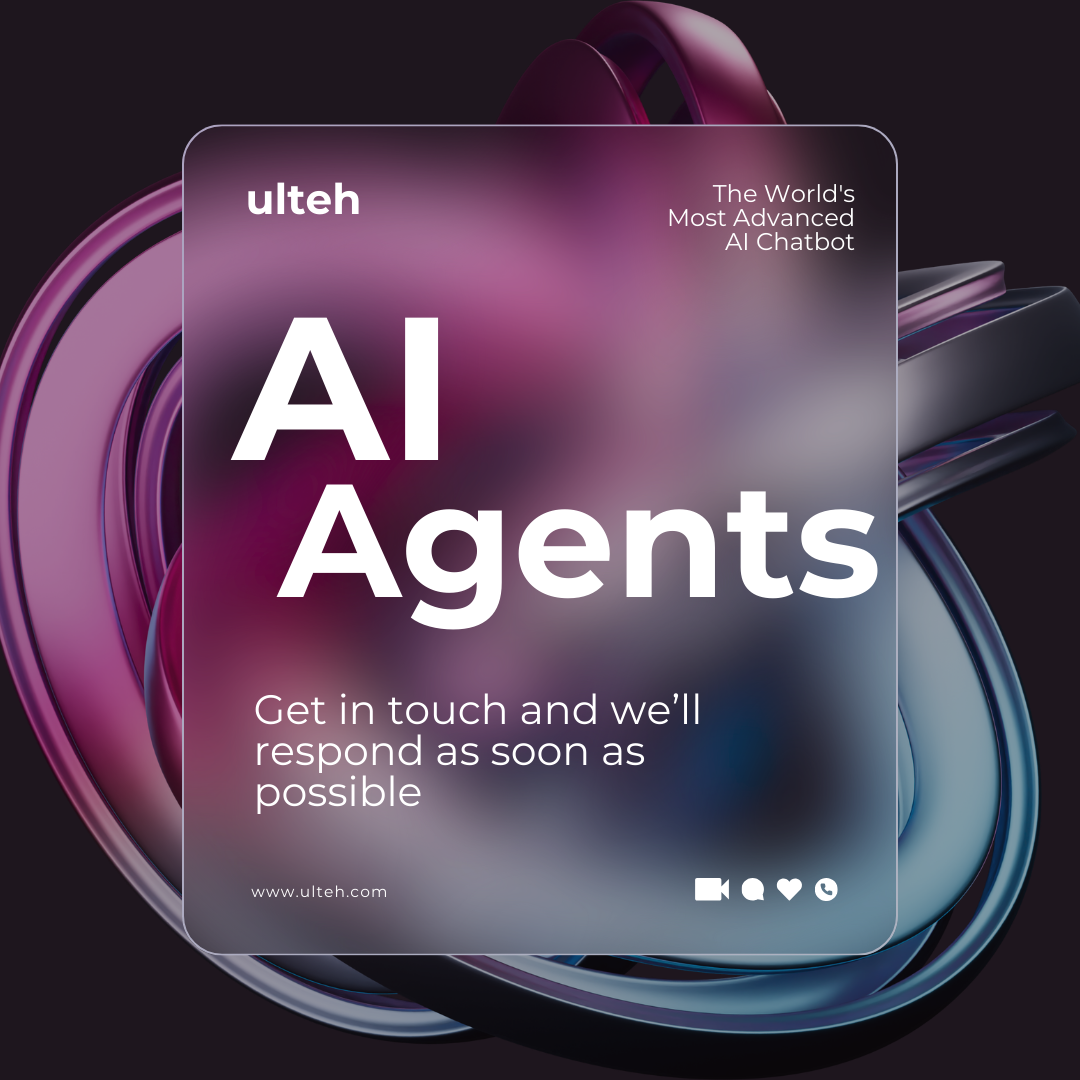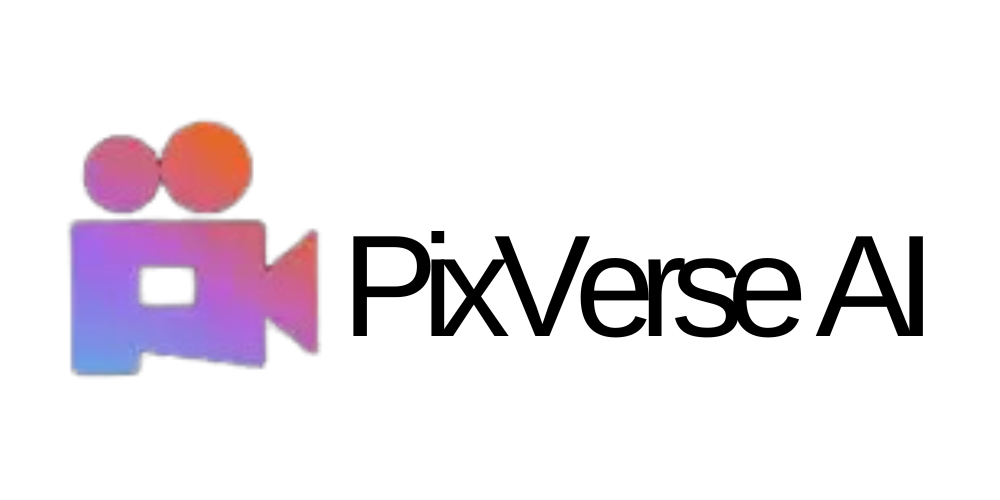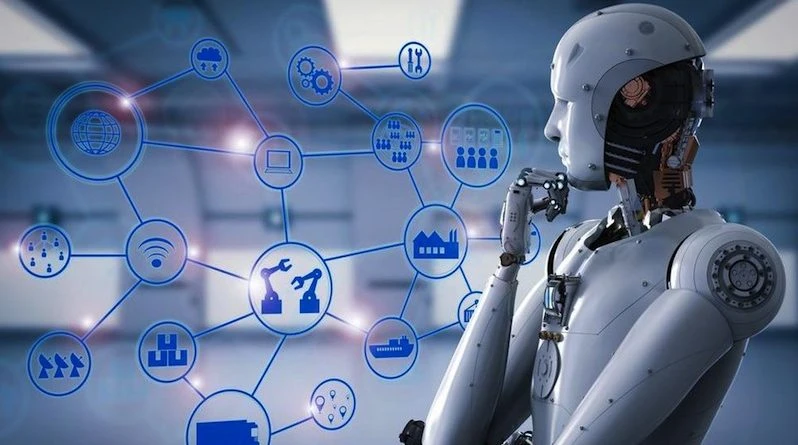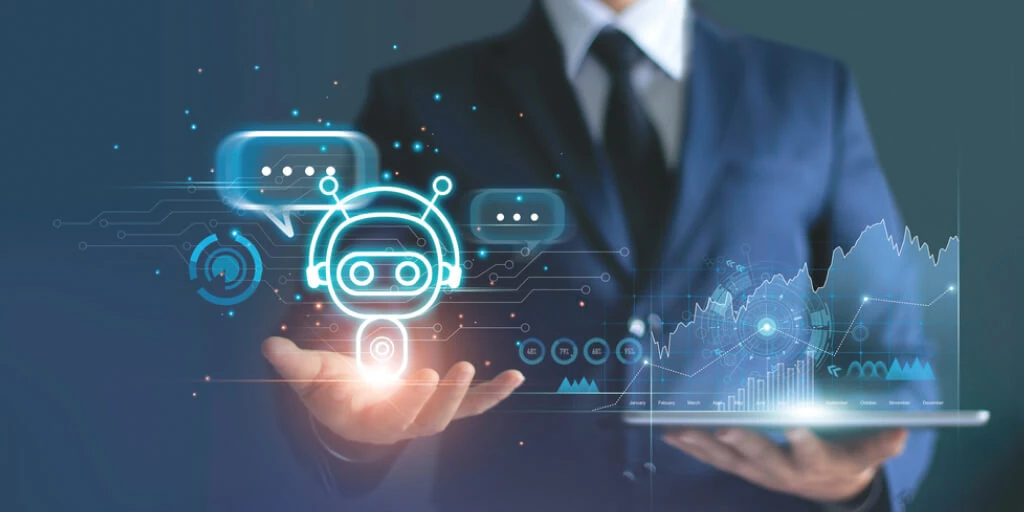Test AI on YOUR Website in 60 Seconds
See how our AI instantly analyzes your website and creates a personalized chatbot - without registration. Just enter your URL and watch it work!
1. Introduction: The Rise of AI in Marketing
This blog explores how AI-powered marketing is transforming brand strategies and helping companies achieve unprecedented success with smarter campaigns.
2. How AI is Transforming Marketing Strategies
1. AI-Driven Personalization and Customer Targeting
AI analyzes customer behavior, demographics, and preferences to create highly targeted campaigns.
AI-driven personalization tailors email marketing, product recommendations, and website experiences.
Predictive analytics help marketers anticipate customer needs and optimize outreach.
2. AI-Powered Chatbots and Conversational Marketing
AI chatbots provide 24/7 customer engagement, answering queries in real-time.
Conversational AI enhances lead generation, qualifying prospects and guiding them through the sales funnel.
AI chatbots boost customer retention by providing personalized interactions and instant support.
3. AI for Content Creation and Optimization
AI-generated content assists with blog writing, social media posts, and email copywriting.
AI tools analyze trending topics and keywords to optimize SEO content.
AI-powered video and image editing tools streamline visual content creation.
4. AI-Enhanced Ad Targeting and Campaign Optimization
AI analyzes ad performance and automatically adjusts targeting for maximum ROI.
AI-powered programmatic advertising optimizes bidding, placements, and audience segmentation.
Machine learning algorithms identify high-performing ad creatives and messaging strategies.
3. AI in Social Media and Influencer Marketing
1. AI-Driven Social Media Analytics
AI tools monitor brand mentions, engagement metrics, and audience sentiment.
Predictive AI helps brands schedule posts at optimal times for higher visibility.
AI-generated insights guide content strategies based on audience behavior.
2. AI-Powered Influencer Identification and Collaboration
AI analyzes influencer authenticity, audience demographics, and engagement rates.
AI-driven platforms match brands with ideal influencers for campaign success.
AI helps measure ROI from influencer partnerships, optimizing future collaborations.
4. AI and Customer Journey Optimization
1. AI-Powered Recommendation Engines
AI predicts customer preferences and suggests relevant products/services.
Personalized AI-driven recommendations increase conversion rates and customer loyalty.
2. AI-Enhanced Email Marketing and Lead Nurturing
AI automates email segmentation, delivering personalized content to the right audience.
AI-driven subject line and content optimization boost open rates and engagement.
AI identifies high-value leads and automates follow-up sequences for better conversions.
3. AI for Retargeting and Customer Retention
AI analyzes customer behavior to retarget abandoned carts and incomplete purchases.
AI-driven loyalty programs personalize discounts, rewards, and customer interactions.
AI sentiment analysis helps brands proactively address customer concerns.
5. Benefits of AI-Powered Marketing
1. Increased Efficiency and Automation
AI automates repetitive tasks, allowing marketers to focus on strategy and creativity.
AI-powered tools streamline campaign management, saving time and resources.
2. Improved Customer Engagement and Experience
AI personalizes interactions, making marketing efforts more relevant and impactful.
AI chatbots and recommendation engines enhance user experience across platforms.
3. Higher ROI and Smarter Budget Allocation
AI-driven insights optimize ad spend, reducing wasted budget.
Predictive analytics help businesses identify high-value leads and profitable marketing channels.
Test AI on YOUR Website in 60 Seconds
See how our AI instantly analyzes your website and creates a personalized chatbot - without registration. Just enter your URL and watch it work!
6. Challenges and Ethical Considerations of AI in Marketing
1. Data Privacy and AI Compliance
AI relies on customer data, requiring compliance with GDPR, CCPA, and data protection laws.
Businesses must ensure transparent AI usage and data security measures.
2. AI Bias and Ethical Concerns
AI-driven algorithms must be monitored for bias in audience targeting and ad placements.
Ethical AI practices ensure fair representation and responsible content personalization.
3. Over-Reliance on Automation
Businesses should balance AI-driven automation with human creativity and oversight.
AI-generated content must be reviewed for accuracy, relevance, and brand authenticity.
7. The Future of AI in Marketing
1. Hyper-Personalization and Predictive AI
AI will refine one-to-one marketing strategies, delivering ultra-personalized experiences.
AI-driven voice and visual search will transform how customers interact with brands.
2. AI-Powered Augmented Reality (AR) in Marketing
AI-driven AR experiences will create immersive product trials and virtual brand interactions.
Brands will use AI-generated AR ads to enhance engagement and conversions.
3. AI and Neuromarketing Innovations
AI-powered neuromarketing tools will analyze customer emotions and reactions to content.
Businesses will optimize campaigns based on psychological triggers and engagement metrics.
8. Conclusion: AI as the Future of Marketing
However, to fully harness AI’s potential, marketers must ensure ethical AI usage, maintain transparency, and balance automation with human creativity. As AI continues to evolve, brands that embrace AI-driven marketing will gain a competitive advantage, driving smarter campaigns and sustainable growth in the digital age.
